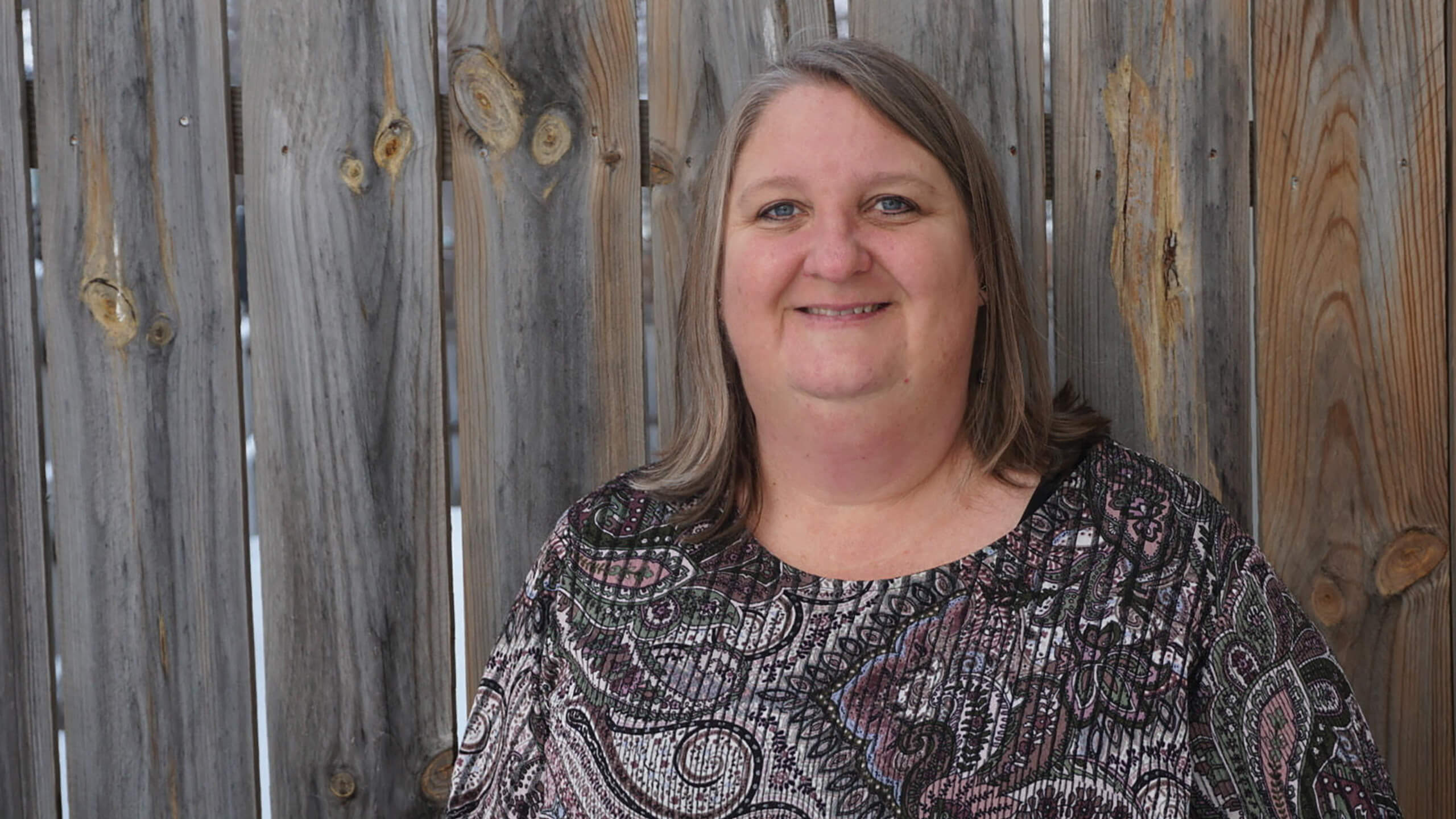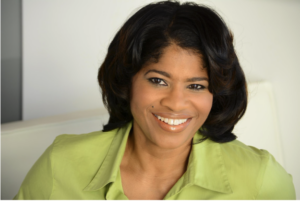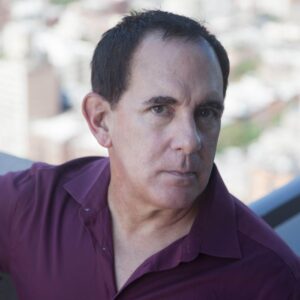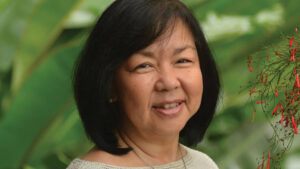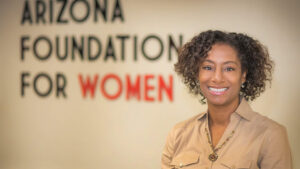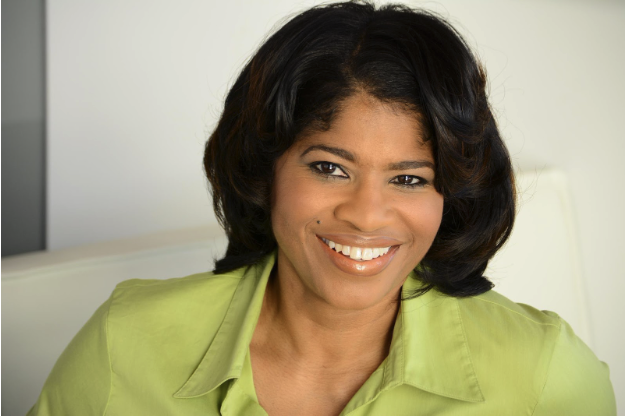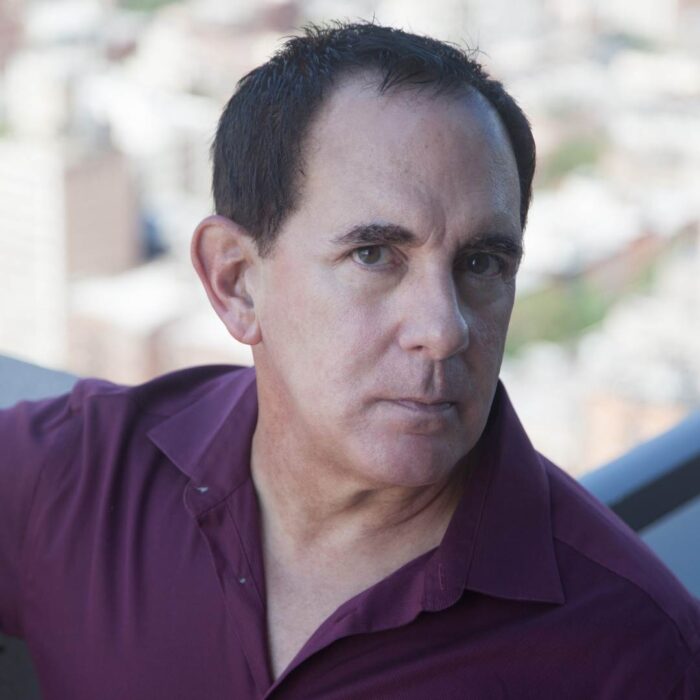An Interview with Kat Mische Elle
Cathi Jo is an active member of the foster care community as a foster parent, parent mentor for birth parents who have lost their children to DHS, and to other foster parents. Cathi Jo was a pastor for 25 years and she currently is a lead concierge networking business leader and a production coordinator.
Cathi Jo’s passion is to create life changing moments for individuals so they can and will live their lives to the full potential – helping people dream again and find who they were created to be.
What was your upbringing like?
I was born the youngest of 3 in rural Sioux Falls, South Dakota, and raised by an incredibly strong, trailblazing, hippie, white, single mother. I had a beautiful childhood filled with joy, happiness, affection, connection, and support. My mom was a beautician, owned her business, and was elected to boards, all unheard of for a woman in the ’60s and ’70s. I can’t think of anything I was denied, even though we were incredibly poor.
As a child, I got in trouble often because I never wore shoes. My mom would say, “you got skin, just head on in.” And that wasn’t acceptable. The no shirt, no shoes, no service saying wasn’t written for us – we loved the earth, we loved the creator. I just thought everybody was happy like us and had a good life.
When did life begin to show you that there were more colors to it?
My friend Maria gave me one of the greatest gifts in my 12-year-old young life. She was diagnosed with a terminal disease and would not live much longer.
That day is biblical in who I became because I realized nothing lasts forever and you can’t let fear be your motivator. It must be joy, life, and happiness.
Another lesson I learned was from my mother who fought for all of us – whether it be school problems or a dyslexia diagnosis, she would never accept the negative in anything. I’ve carried that attitude into my adult life. I’ve had cancer, I have MS, and I have faced many medical tragedies. The day I was diagnosed with cancer, I was sitting alone, a single mother with 12 kids living in my house. This was one of the best days ever because this would help me meet some of my goals. That’s the spin my mom put on everything – be positive. A problem is just a way to be creative.
What age were you when you got the cancer diagnosis? How many children were biological, and how many were fostered?
I was 42. I had a double mastectomy, which didn’t even slow me down. I was incredibly busy with four birth kids, three adopted kids, and five foster kids at that time.
How long after your fourth child was born did you consider fostering?
I was married at 23, had my first child at 24, and boom, boom, boom, there were four! I knew I was created to be a mother like my mom was. My youngest child was two years old when we brought in the first foster child, my ex-husband and I fostered about 12 individuals over six years. That was wonderful! We divorced when I was 36, and I moved with my birth children back to South Dakota.
Why did you get re-licensed to foster after your divorce?
At first, I wasn’t going to because I was a single mom. But I got a call from a judge in Nebraska who said, “Hey, I have a little girl sitting in front of me that says you’re her mom.” It was Lexi, who I had had for three years when we lived in Nebraska. So I proceeded to get my South Dakota license, you have to be licensed in the state you are residing in to foster in that area. Lexi was 14 and came to be my first adopted child.
I became a single licensed foster parent, and the Department of Social Services (DSS) never stopped calling. Over the next 15 years, we had 34 kids that came through our home. Most of them called me Mama Jo. It was the best thing I’ve ever done for me, for them, and for my birth children.
These kids know what broken promises cost – yet they learned how someone could love them unconditionally and still let go. They have nothing, no address, and no one to help with financial aid, college admission, or becoming a responsible adult. Many stay in contact with me after they’ve aged out of the system. When they turn 18, insurance and funding are turned off. I would still be their mom because they needed me, and state systems do a poor job of following up on our kids.
That’s a lot happening for a 42-year-old with a recent cancer diagnosis!
When you get a cancer diagnosis, you learn who is in your circle and who threw the parties in your absence. I became aware of the people who stepped up, not just for me but for my kids.
You were a pastor. How did this change for you after your cancer diagnosis?
I was a pastor from when I was 23 until the day I was diagnosed with cancer. I knew that cancer patients did not make great pastors and that the kids I was surrounded with would never be good pastors’ kids. It was not in the best interest for my family and our relationship with our community to stay in that position. I needed to move on to place my family in the best emotional position and to avoid fretting about the next meal.
People have often said, “Cathi Jo, you must have the biggest heart, and you’re so cool and awesome.”
The whole truth is I’m very selfish.
What do you mean by selfish?
I’m always surrounded by energetic young adults and enjoy watching them succeed over the years as they grow.
It’s incredible watching kids learn to stand up for themselves without being abused
or abusing others. I watch the kids welcome other new foster kids into our home and say, “You’ll love it here.”
It’s when their eyes sparkle a little bit, without fear, confusion, or doubt, but with certainty. And when they say, “I need you” or, “I need your help”. It’s powerful.
So, selfish? It’s because of how full they make my life feel and I love every minute of it.
What is one of the challenging experiences you have had while being a foster parent?
My oldest son was going to buy his first house at age 23 and wanted me to look at it first. I drove there in my 15-passenger red van with nine kids under the age of 12. I went in while the kids played tag in the yard. When I came out, I heard an adult male voice and a lot of yelling. He was very derogatory and called me a white trash woman and made a crude comment about not having a husband and multi-racial kids.
I immediately felt sorry for this man. And suddenly, I was no longer ignorant of what my kids would face for the rest of their lives.
Another time I was in line at Walmart with six kids all pestering me for candy. I said, “Stop. You can look and not touch.” One of two ladies in front of me wearing a gigantic red hat with purple ribbons turned to me and said, “Pick an ethnicity, you tramp!” I felt I needed to retaliate in some way, but my daughter Lexi, 15 at the time, stepped right between the big hat lady and me, looked me straight in the eye, and very calmly said, “She’s not worth it, mom, she doesn’t see your heart.” Lexi then turned, hugged the woman, and said, “I wish upon you 1/10th of my mother’s heart.”
That’s why I do foster care because there’s no reason that Lexi should have hugged that woman. She had a bigger heart than a judgmental millionaire who had been given life on a silver platter.
How can people help with foster care?
Not everyone needs to become a foster parent but here is something that everyone can do to help a foster family.
There is a great organization called Royal Family KIDS Camp (forthechildren.org).
They have camps all over the United States where you can help in many ways. And every community has a foster care support system where you can help the foster parents and foster kids.
The reimbursement from the state for foster care of eleven dollars a day does not go far when the foster parent has to pay for everything – clothing, food, medications, school supplies, activities, and transportation.
Some bad foster parents do it for the “money”. I’m sorry for them and the kids who experience even more pain in their foster home. But there are many foster parents out there trying to help kids be able to dream beyond where they are.
How much scrutiny goes into licensing foster parents? Is the system so overwhelmed that they put children anywhere?
Every state is different. Some states are so overrun, and other states are very careful. Problems exist because there is no standard from state to state.
In South Dakota, many of our kids in foster care are Native American. These kids can’t go through the system the same way as others, as they are a sovereign nation. It’s very complicated. I think what has to happen is everybody needs to take accountability for the foster kids. Every neighbor, every school, every community. People need to step up with extra love, guidance, and much mentoring.
Do you believe that foster families have enough support?
No. People are not getting involved because of fear of many things. The majority of concern is looking bad to their neighbors, afraid of what the foster child will expose their child to, and even the fear of not being enough for the foster child.
And I’ve got to tell you, being in foster care, birth parents often report foster parents for abuse. The birth parents will report that the shoes bought for their child are too small, or their earrings were too tight. I’ve chosen to welcome the reporting, because at least it is one way for the parents to stay involved in the child’s life.
The birth parents could discuss many negatives in a foster family, but our family chooses to spin all our situations to the positive. And if that means being reported has to be spun into that the birth family is inspired to have involvement with their child, then I am happy to be on a merry-go-round.
That’s a great way to be supportive for the foster child and the birth parent to stay connected.
I never got angry with it. And the next time I would meet the parent, I’d say, “Thank you for bringing that to my attention. I’m so glad you love your child enough that you wouldn’t want that to happen. Next time you can call me, and we can work through these things ourselves and co-parent. It seems like you still want to be involved.”
What are you developing this year that will support changing the stigma of foster care?
I’m focusing my time on a support group for foster families in my surrounding communities. My family has purchased a 18 acre property to develop a safe space for healing for foster kids and their birth families. It will be a place for us to be real together. We call it Crowded Table Farms. The property will have chickens, pigs, and a few cows, and I will garden again – barefoot!
My bucket is full of my kids, their partners, and children. I want to live my life in absolute peace and delight sitting around our crowded table in our home.
Do you have a favorite prayer, quote, or line that motivates you?
Yes, I always say, “We can do this. Who else will?” And if one of my children says, “I can’t do this,” I always say, “Well, somebody else can. If they can, why can’t you?”
Who has inspired you the most in your life?
That is so easy! My mother Gloria! She is the toughest, baddest, biggest angel there could ever be. She is still a hippie and will tell you peace and love are the only reasons the world keeps moving. She realized she was much better than what she grew up in and would never accept less. She’s brilliant. If only Gloria ran the world!
How can readers contact you?

